Frequently Asked Questions
Buying and/or Selling a Home
When you work as our agent, how do you get paid?
Typically in Residential Real Estate, the brokerage fee is paid by the Seller. A seller agrees to pay a commission at the time they list their home for sale. Part of that commission is paid to the broker/agent who helps the buyer purchase the seller’s home.
Can I only buy homes with John L. Scott signs on them?
No, to some this may sound like a funny question, bit it’s not. Almost every real estate sign from every real estate broker has the word “Exclusive” on it. That merely means the seller has agreed to pay a commission to the broker who has listed it, regardless of who brings the buyer who purchases it.
I can show and help you buy any home listed by any real estate company.
Likewise, when I list your home for sale or another seller’s home for sale, I welcome the agents from all the other companies to show those listed homes to their buyers and hope that they will present us with winning offers.
Sometimes there may be an occasion when the home that is just right for you is not listed, but is “FOR SALE BY OWNER”. In most cases I can help you preview and purchase such a home as well. It will require that I contact the seller and reach an agreement that they agree to pay a real estate commission.
Earnest Money
What is Earnest Money?
Earnest Money is a deposit you make to provide evidence to the seller of your good faith intent to complete the transaction. You provide this deposit when your offer to purchase (Purchase and Sale Agreement) is prepared for presentation to the seller.
The Earnest Money check must be deposited within 3 days of Mutual Acceptance or if agreed after completion of the home inspection and everything has been accepted.
What is needed for Earnest Money?
Earnest Money should ordinarily be between 1 and 2% of the purchase price. The larger your earnest money, the greater confidence the seller will have in your offer. If your loan program is one providing for a lower down payment, a smaller earnest money deposit is sometimes acceptable.
It should be in the form of a check made payable to the Escrow Company doing the closing.
What happens to my Earnest Money?
It will be deposited and put in the setup Escrow Account. The amount will be applied to the total amount of money you will need at closing towards the purchase price and closing costs of your new home.
If your agreement is contingent on you getting financing for a home purchase loan, and through no fault on your part, you are unable to acquire a home purchase loan; your earnest money would be returned in full to you.
*** If the Buyer elects not to purchase after waiving a satisfactory inspection and after being approved for a loan for the home, then the earnest money is forfeited to the seller as compensation for their loss of opportunity to sell to another buyer.***
Home Inspections
What is a Home Inspection and should I plan to have one?
With very few exceptions, a buyer will always want to have the home they are buying inspected by a professional inspector who is independent of any other contractors and who is fully trained and qualified to identify the condition of the structure and systems in a home.
The buyer pays for the inspection and needs to be present during at least part of the inspection period so that the general condition and common maintenance issues and questions can be pointed out and explained by the inspector. If there are items needing correction, those will be addressed as well. A thorough home inspection will result in the buyer knowing that much more about their next home.
What will an inspection cost and when do I pay it?
Typically an inspection will cost between $400 – $500 depending on the square footage and the year it was built. If the home is 40 years old they will add an additional $50 and if it is 41+ years old they will add another $50.
The fee is paid directly to the inspector at the time of the inspection.
How do I find and schedule an inspector?
As your agent, I will provide to you a list of inspectors who have reliably done work for my clients in the past. You may call any of them and schedule an inspection appointment that will fit both of our schedules. I say both of our schedules, because it is a mandatory NWMLS rule that the buyers agent be at the inspection the entire time.
Escrow
What is Escrow?
Escrow is a service provided to buyers and sellers of real estate. Escrow is done by escrow companies. Some escrow businesses are associated with title insurance companies, others are independent.
Some attorneys specialize in real estate and do escrow.
The terms “Escrow” and “Closing” are often used interchangeable although there are differences. An Escrow Officer or service is sometimes called a “Closing Agent”.
Closing
What happens at Closing?
Closing costs are the expenses incurred in the transfer of real estate in addition to the purchase price of the property. The closing agent (Escrow Company) will provide you with a complete list of costs, prior to the signing appointment.
The Buyer and Seller share some costs, such as the fee for Escrow services and Title Insurance.
The Buyer pays:
- Fee for appraising the property.
- Reimburses the seller for any prepaid taxes, prorated to the date of closing.
- Lender for discount points, if any.
- May be required to deposit reserve funds for taxes and insurance on the property.
- Recording the property transfer
What is Title Insurance?
There are two title policies involved in the purchase of a home. The seller provides one to you as the buyer. The buyer provides the second one, with a much smaller premium to their lender as (security for their loan).
Title insurance is a means for the seller to provide the buyer, assurance that they have full ownership of the home. In the event that another party makes a claim to the rights of the property, the title insurance company will provide legal measures to protect your rights or if necessary, provide financial compensation for rights you might lose.
This seldom happens, but the insurance provides the buyer a peace of mind.
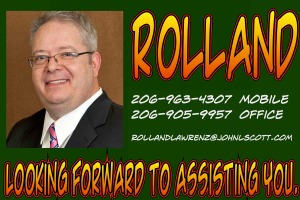


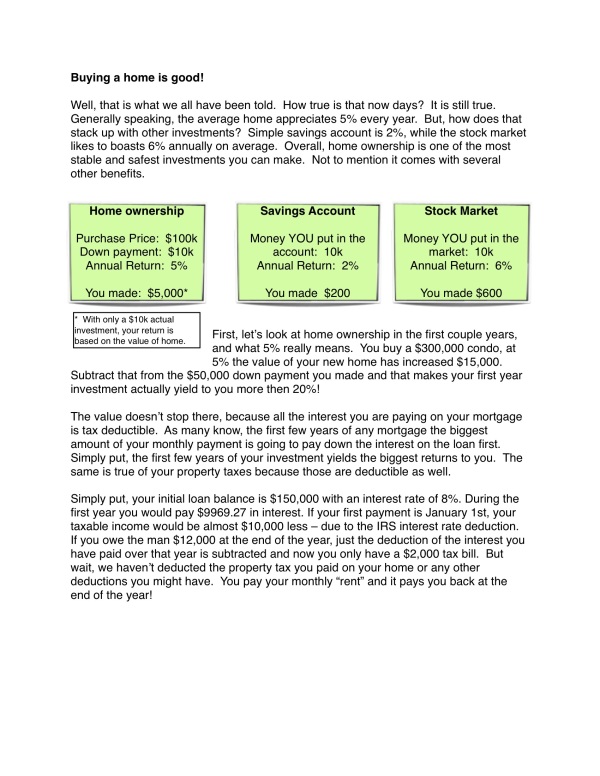
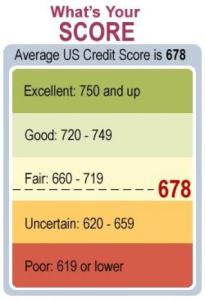 If you are thinking of purchasing a new home or refinancing soon, your credit score will play a large role in not only whether or not you qualify but also how high your payments will be. Credit awareness is your first step.
If you are thinking of purchasing a new home or refinancing soon, your credit score will play a large role in not only whether or not you qualify but also how high your payments will be. Credit awareness is your first step.
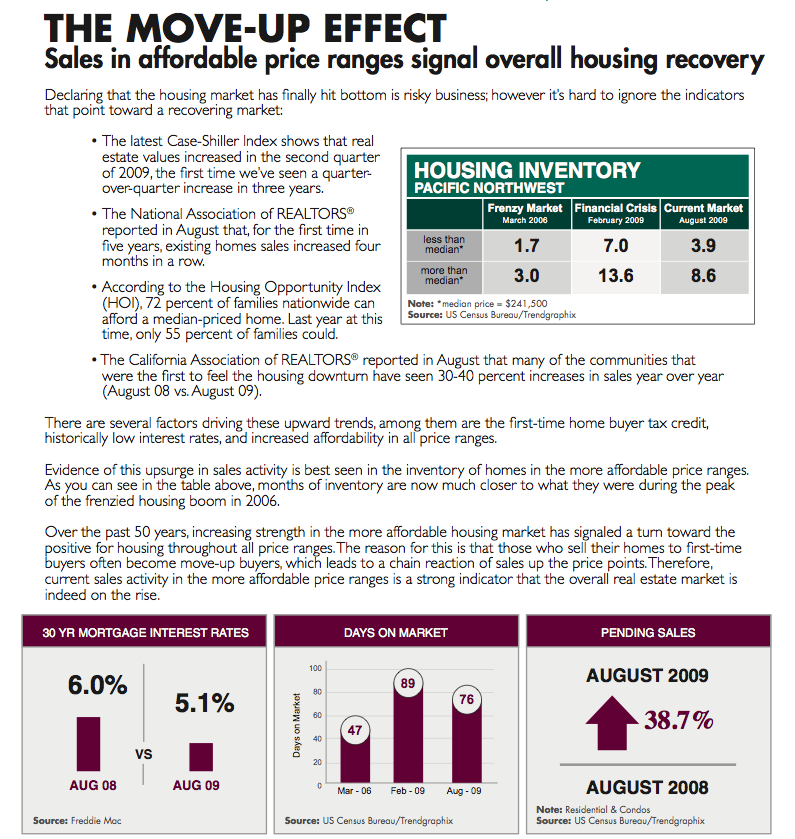

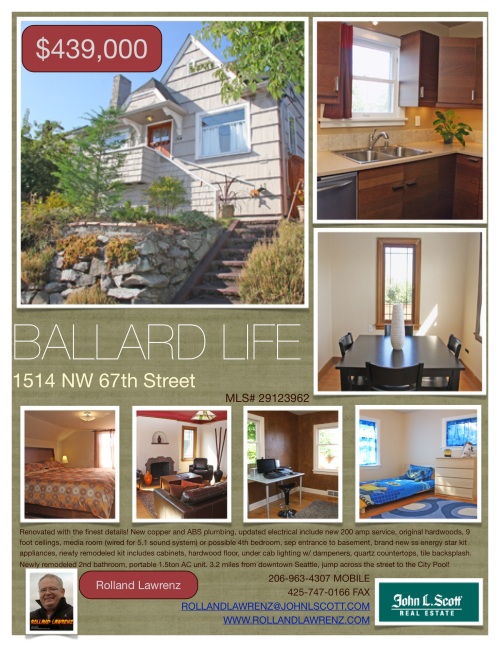
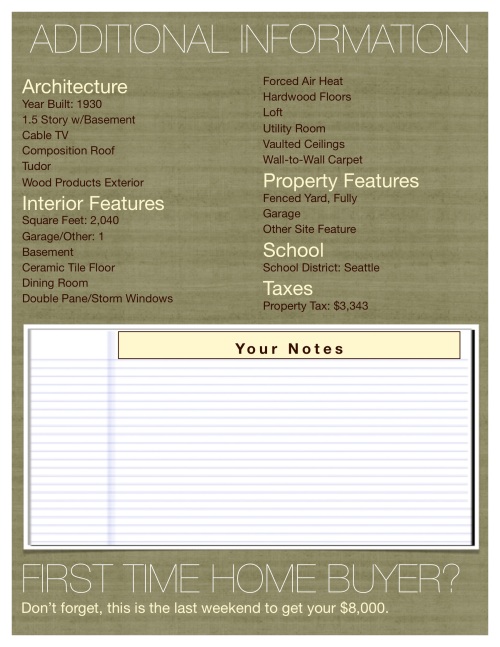
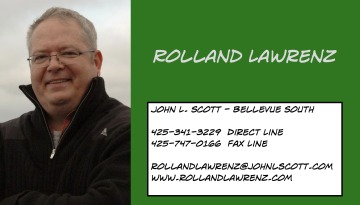

Recent Comments